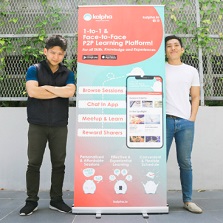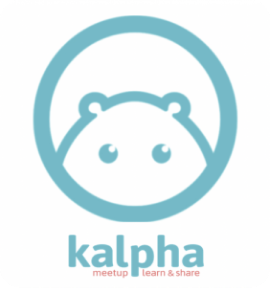
About Us
News

Vietnam’s online education and booking platform Edu2Review has raised an undisclosed sum of funding from Singapore’s Nest Tech venture capital fund. Austin Carter, co-founder and chief financial officer of Edu2Review confirmed the transaction with DEALSTREETASIA, adding that this investment has raised its valuation to seven-digit USD. Ho Hoan and Austin – founders of Edu2Review Edu2Review […]
July 28, 2022
The health and fitness platform from Myanmar Flexible Pass has completed its fundraising round worth of six-digit dollar closed by Nest Tech, a VC firm that actively backs startups in Myanmar, Vietnam, and Singapore. Participating in the round were Seed Myanmar and Yangon Capital Partners (YCP), which is the investment arm of the financial advisory […]
July 28, 2022
Mote Poh is a localised version of employee benefits programmes that leading companies in Singapore, the US and other countries have been using for decades. (L-R) EME Myanmar’s Investment Manager Matthew Viner, and Mote Poh CEO Loring Harkness. EME Myanmar, a recently-launched early-stage VC fund, has led a six-digit seed round in Mote Poh, a […]
July 28, 2022
Singapore-based edtech startup Kalpha has raised a six-figure amount in a seed funding round from venture capital fund Nest Tech. The Kalpha app – an edtech startup that focuses on sharing skills, experiences and knowledge, has received a “six-figure sum” in funding from Nest Tech, a VC fund focusing on seed-stage technology startups. The investment will be […]
July 28, 2022




